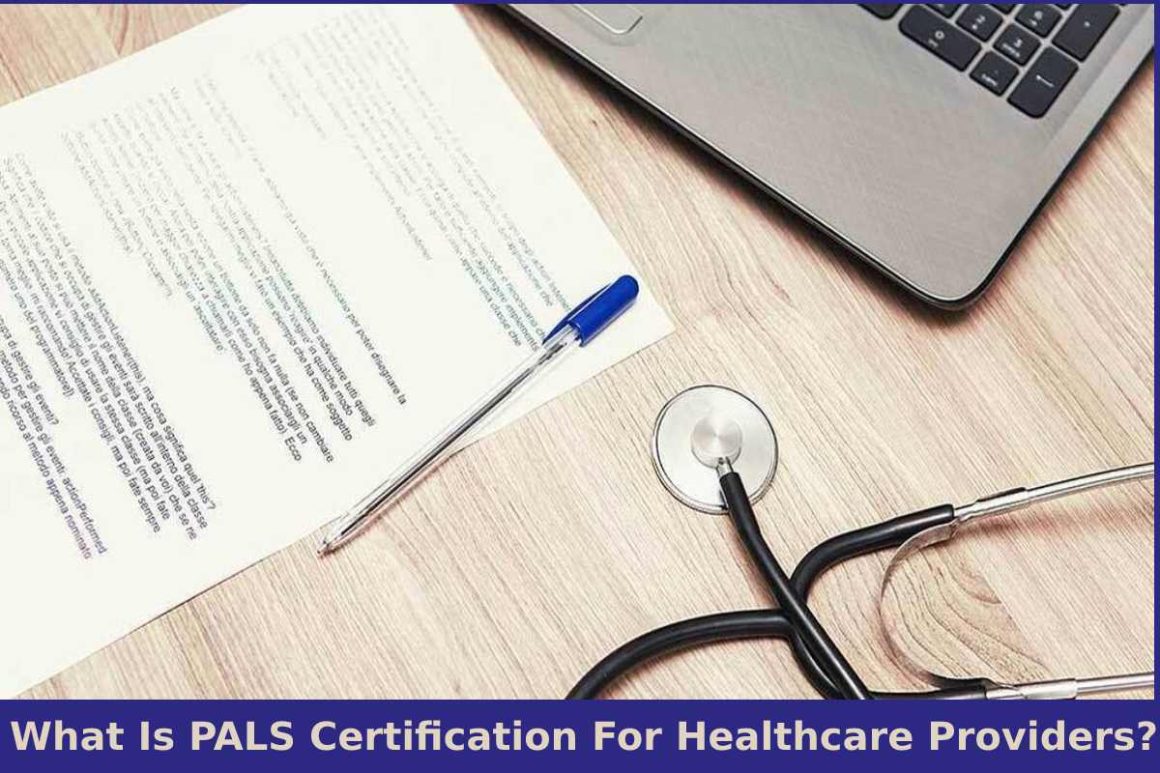PALS Certification For Healthcare Providers
Healthcare providers and first responders must obtain specific knowledge to manage pediatric emergencies and save lives.
Pediatric advanced life support or PALS certification is an advanced life-saving certification for professional healthcare providers that equips them with the expertise to respond to pediatric emergencies.
It is similar to Basic Life support (BLS) and Advanced Cardiac Life Support (ACLS). It is more of a combination of both courses to assess and manage injured or critically ill infants and children.
Read on to learn more about the PALS certification.
Table of Contents
What Healthcare Providers Should Take the PALS Certification?
All healthcare professionals can take a PALS certification. However, the following health workers must take a PALS course:
- First responders (emergency medical service providers)
- Nurses of emergency medicine departments
- Individuals in Intensive care units/ cardiac care units
- Pediatric care unit nurses and medical staff
What Do You Learn In a PALS Course?
Dealing with a medical emergency in children and infants differs from in adults. As healthcare providers, you will learn the following topics with a PALS certification:
Assessment of the Condition
Time is crucial in emergency management. PALS training makes you capable of recognizing the condition and devising the plan of necessary medical interventions.
Cardiopulmonary emergencies are rare in pediatric patients, but an early diagnosis can save a life.
PALS-certified healthcare professionals are capable of accurate primary and secondary assessments. A systematic approach is the best way to analyze emergencies. With this course, you will get a better understanding of disease pathophysiology.
Set Priorities
Cardiac or circulatory emergencies need specific interventions. A timely assessment of the underlying problem enables healthcare providers to set priorities and make appropriate interventions.
Communication
Communication plays a crucial role in pediatric resuscitation.
Allotting individual roles and understanding the team dynamics helps save precious time and allows better emergency management.
Communication between different fields of medicine is pivotal in managing critically ill infants.
Emergency Management Procedures
The most important aspect of the PALS training is the performance of essential management procedures.
Different types of pediatric emergencies require executing physical maneuvers.
Cardiopulmonary resuscitation (CPR) of children differs from adults. The procedure is effective in saving pediatric patients suffering from cardiac arrest.
In addition to CPR, you will also be able to manage respiratory obstructions and emergencies. Management of choking and respiratory blockages are also part of the course.
Medicinal Intervention
Choosing the right medicine is vital. As a healthcare provider, you must administer or prescribe the appropriate medication for the condition.
The certification also helps in improving the administration pathway. The provision of rapid capsular access to administer medications and IV fluids leads to better recovery.
Post-Resuscitation Management
You also learn how to manage patients after you stabilize them. Individuals with PALS certification can guide the patient about post-resuscitation care and management.
Continuation of IV fluids, medicines, or defibrillation is a vital decision. Administering epinephrine according to pediatric guidelines helps manage patients better.
Importance of PALS for Healthcare Providers
Obtaining a PALS certification trains healthcare personnel to handle real-life pediatric emergencies and save lives effectively by administering life-saving treatments. The following are some of the crucial benefits of a PALS course:
Improved Performance
As per research, simulation in modern PALS training results in improved cognitive performance of healthcare providers.
A study found that PALS training improves the procedural skills of emergency medical skill personnel. Thus, it should be part of emergency training.
Residents reported better self-confidence in managing pediatric patients after acquiring PALS certification. Doctors and medical professionals were capable of quicker and better endotracheal intubation with PALS training.
Increased Knowledge
The certification program refreshes pediatric skills because child emergencies are not very common.
According to a study, pediatric advanced life support courses increase short-term knowledge of pediatric resuscitation in healthcare workers. It is better to keep yourself up to date with the latest protocols of pediatric emergency techniques for better management.
Another study concludes that PALS effectively provides basic resuscitation knowledge to pediatric patients and should be a part of the pediatric residency. That is because pediatric patients respond differently to emergency procedures than adults.
Better Survival Rates
Studies suggest administration of PALS training in primary care programs significantly improves child survival worldwide.
How Can You Obtain PALS Certification?
You can obtain a PALS certification by registering for the PALS online course offered by the American Medical Resource Institute. The online option allows you to learn conveniently at your own pace.
Author Bio for Kate Macmorn
Kate Macmorn
Communications Director
Kate is the communications director for the American Medical Resource Institute, where they’ve trained over a million healthcare professionals to study for, earn and maintain life support certifications that allow them to better respond to cardiac emergencies. When not in the office, you can find Kate practicing her tennis skills. She also frequents live music venues and is always looking for her next creative hobby.


